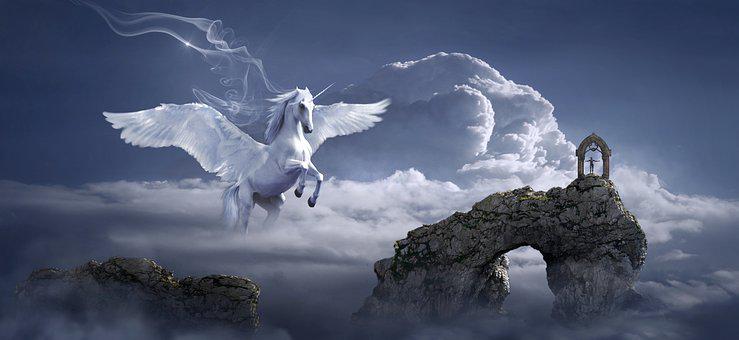The film presented at the Venice Film Festival piles up the ingredients of the tormenting “what am I doing here? how did I get there? and now how can I continue?”
It cut 15 minutes, from the 174 we saw at the Venice Exhibition. 15 minutes of living flesh, scissored from his “most personal film”: the calamity that befalls directors when they pass the age of 50. Guaranteed harassment for viewers that of Alejandro González Iñárritu they preferred the irony of “Birdman – The unpredictable virtue of ignorance” to the decomposed solemnity of this “Bard – False chronicle of some truths”. In a few copies in the cinema since yesterday, from December 16th it will be on Netflix.
In the “Tibetan Book of the Dead” the Bardo is the place of souls who struggle to detach themselves from life because they have accounts to balance (we had chosen cinema so as not to mix with spiritual matters, and instead it will be the fourth time we have to explain the concept). The hereafter and the hereafter – not yet with a capital letter, but will arrive later – are for Iñárritu the Mexico where he was born and the United States that gave him success (and money, to him and to the others of the “burrito pack” : Alfonso Cuarón and Guillermo del Toro, the only one so far exempt from “personal films”).
“Bardo” piles up all the ingredients of the tormenting genre: a gigantic “what am I doing here? how did i get there? and now how can I continue, in the absence of a shred of idea for the next film?”. Indecision begins from birth, the artist is known to be very precocious: hence the surreal scene of the newborn who puts his little head out and then goes back into his mother’s belly, and then puts his head back out, and thinks about it again , back and forth like in a gif. He continues with a return to Mexico City, where the director of “Revenants” hadn’t worked since “Amores Perros”the film that launched it in 2000.
Loser directors suffer. Even successful directors suffer, or they want us to believe it. They wonder about truth and fiction, about the privileged role to atone for by becoming the spokesperson for the disadvantaged. Other scores to settle: in “Bardo” Iñárritu imagines that the United States – Amazon, to be precise, rival of Netflix which produced the film – wants to buy Baja California. As an immigrant returning home, he is moved for a couple of hours and then finds everything unbearable.
Iñárritu is the king of the long shot, no one is as good as him at sneaking the camera into crowded places without ever taking off. For example, in a giant terraced ballroom, or in a television studio with the set ready for the news next to the set where the variety dancers warm up their muscles. Even two lovers chasing each other in an apartment before ending up in bed. Beautiful scenes. They deserve to be in another film, less confused and with the solid skeleton of a screenplay.
Hence the dilemma. Seeing it in the cinema does justice to the spectacular shots. But the dead times – including a crossing of the desert that is perhaps the Bard or perhaps just a call to immigrants crossing the border – suggest the home screen. The 15 minutes of cuts are obviously not noticeable, it seems endless.

